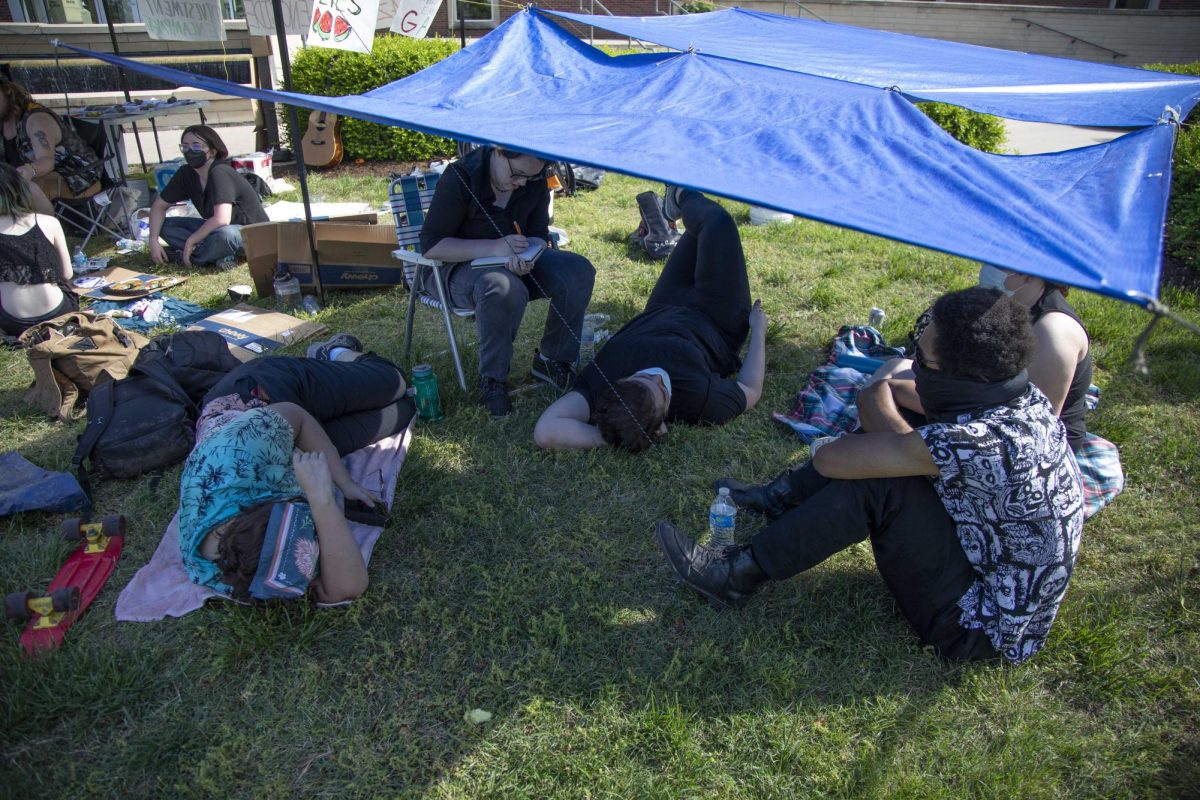House overrides Rauner’s heroin veto
August 31, 2015
Illinois House members overrode Gov. Bruce Rauner’s changes to the bill proposing Medicaid pay for treatment for heroin addictions Wednesday with a vote of 105-5.
Rauner denied the bill on Aug. 24 because the state cannot afford it. The bill suggested doctors use a reversal drug, such as Methadone, to bring people out of otherwise fatal situations. No Republicans in the House voted against the plan at first, but some sided with Rauner on the issue of cost.
“Unfortunately, the bill also includes provisions that will impose a very costly mandate on the state’s Medicaid providers. I am returning the bill with recommendations to address that concern,” Rauner said in his veto.
Advertisement
There were 633 deaths attributed to heroin overdoses in Illinois in 2014, according to Illinois Department of Public Health data. Illinois has the highest number of heroin overdoses per capita nationwide, according to the Illinois Alcoholism and Drug Dependence Association.
“Just as Illinois was ground zero for the heroin crisis, Illinois can be ground zero for the solution,” said Rep. Lou Lang (D-Skokie), as per Chicago Tribune.
Although there are other options to pay for treatment, many abusers rely on Medicaid and would be affected financially.
This bill was passed in Springfield, but heroin addiction is a growing epidemic in Carbondale. From July 2014 to June 2015, Centerstone — a behavioral health care provider — has treated nearly 1,250 substance abusers in Carbondale, including heroin addicts. Centerstone also treats people with mental disorders, intellectual and developmental disabilities.
While Centerstone tends mostly to adults, it also assists the treatment of minors with these problems starting at age 12. Each patient comes in for a 90-minute appointment where a personalized treatment plan is created.
Kathryn Sime, director of advancement at Centerstone, is a part of this process.
“As an agency, we recognize a need for a fair and balanced budget,” Sime said. “However, when you cut treatments, there are more overdoses and hospitalizations.”
Advertisement*
Sime said each treatment is customized and costs vary, given that every person has a different diagnosis.
“It is not a one-size-fits-all situation,” Sime said.
Illinois may end up paying for it in the long run, since the state cannot currently afford to fund treatment for heroin abusers.
Sime said full implementation of this bill would save the state an estimated $58 million annually because it is cheaper to treat abusers with counseling and medication. This total is a conservative estimate because no prison cost savings were included, according to the IADDA.
“Will this veto make it impossible for a heroin addict to recover? Probably not, but the challenge is that we believe [rehab] works best when both counseling and medicine are used,” Sime said.
According to Sime, denying this legislation would put addicts back out on the street where they could end up in jail, the hospital or worse — dead.
“If you or someone you know needs services but do not have the money for it, still come in for an assessment and let us figure out the best plan for you,” Sime said. “At least give us a chance to see if there are other ways to help you.”
Shannon Allen can be reached at [email protected] or on Twitter @ShannonAllen_DE
Advertisement








